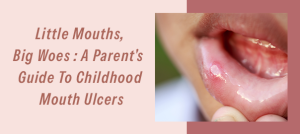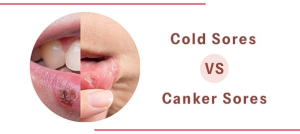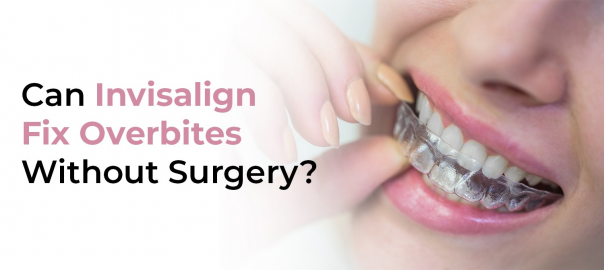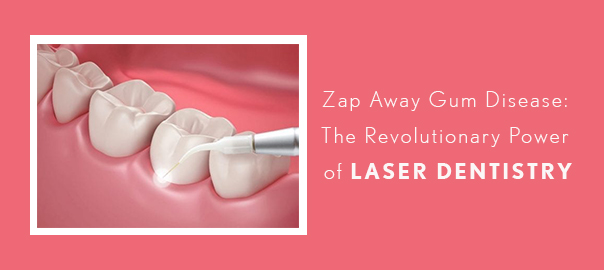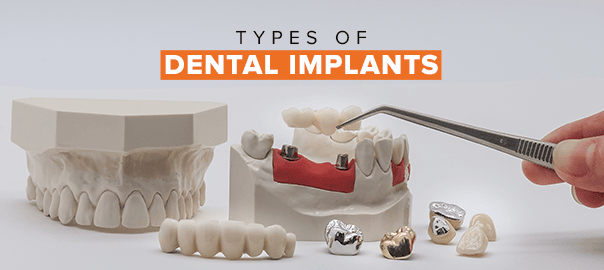
Diabetes and oral health
Too much glucose also called “sugar”, in your blood from diabetes can be the reason of pain and infection in your mouth. People who have diabetes know that this disease can cause impairment of the eyes, nerves, kidneys and heart. Did you know diabetes can also be the cause of various problems in your mouth?
Diabetes if not controlled appropriately leads to the elevated glucose levels in saliva, that may help the bacteria to flourish. Plaque that is not removed can eventually harden into tartar. When tartar collects above the gum line, it becomes more difficult to thoroughly brush and clean between teeth. This can create conditions that show the way to infection in the mouth. Since diabetes decreases the body’s resistance to infection, the gums are among the first of the tissues likely to be effected. Periodontal (gum) diseases are infections of the gum which holds your teeth in place. It can lead to difficulty in chewing and loss of teeth. Dry mouth is very often a symptom of undetected diabetes. This can also cause soreness, ulcers, infections, and tooth decay. Smoking further aggravates these problems.
The other common oral health problems associated with diabetes are tooth decay; salivary gland dysfunction; fungal infections; lichen planus and lichenoid reactions (inflammatory skin disease); infection and delayed healing and taste impairment.
How will you know if you have mouth problems from diabetes?
Check your mouth for signs of problems from diabetes. One of the first indications of gum disease is swollen, tender, or bleeding gums. Sometimes there are no signs of gum disease. You may not know you suffer from this until the damage is serious. Hence best defense is to see your dentist twice a year for a regular cleaning and checkup
How can you keep your mouth healthy?
Good blood glucose control is the key to controlling and preventing mouth problems. People with uncontrolled blood glucose levels get severe gum disease more often than people with well controlled diabetes. Twice a day brushing and flossing, regular dental check-ups and controlled blood glucose is the best defense against the oral complications of diabetes. The dentist may also suggest the use of antimicrobial mouth washes to control the gum disease.
How can you prepare for a visit to your dentist?
Plan ahead. Talk with your doctor and dentist before the visit about the best way to take care of your blood glucose during dental work.
If you take insulin or other diabetes medicines, take them and eat normally before the dental visit.
Carry your diabetes medicines and food with you to the dentist’s office.
You may have to postpone any non-emergency dental treatment if your blood glucose is uncontrolled.
If you get nervous about visiting the dentist, talk to your dentist and the staff about your fears and apprehensions. Your dentist can adjust the treatment plan to suit your needs. Don’t let your anxiety stop you from having regular checkups.
Dr. Aarti Sharma Kapila
BDS, MDHM, FRSM.
Fellowship in Disaster Management,
Life Member for ISDR, IADR,
Award Winner of ICD
Head – Yarrow Lab, Clove Dental
Leave a Reply
Leave a Reply
POPULAR POST








